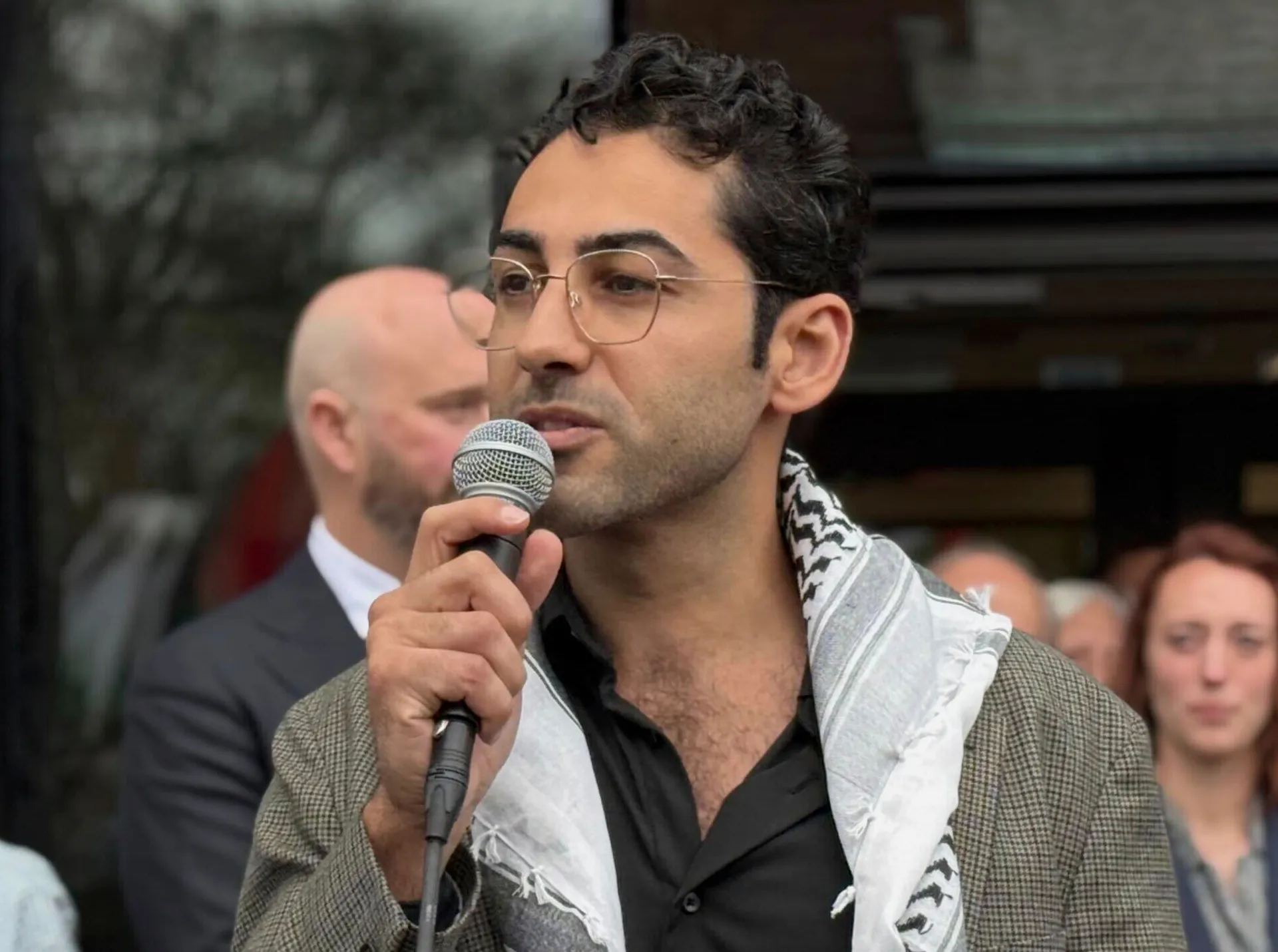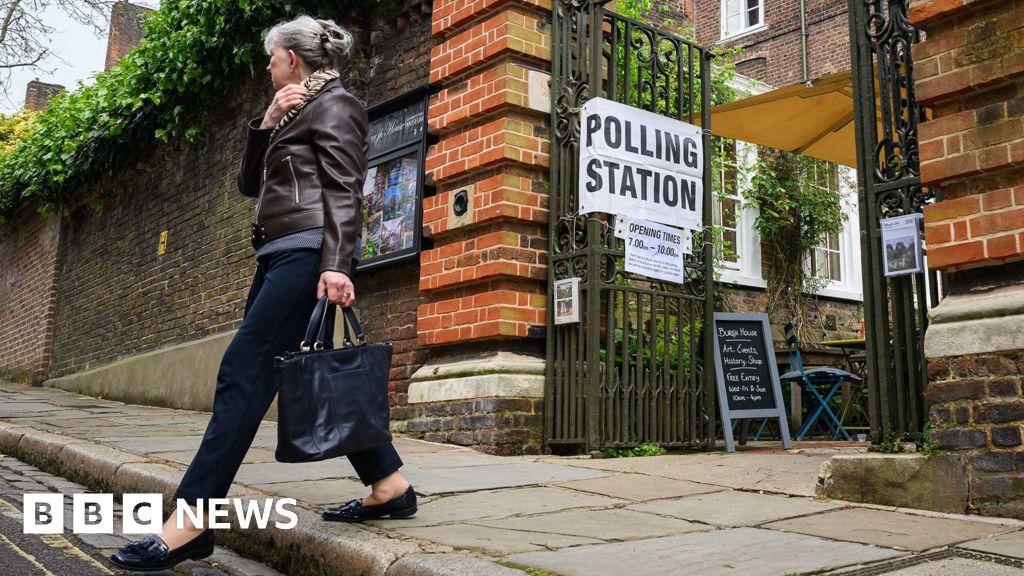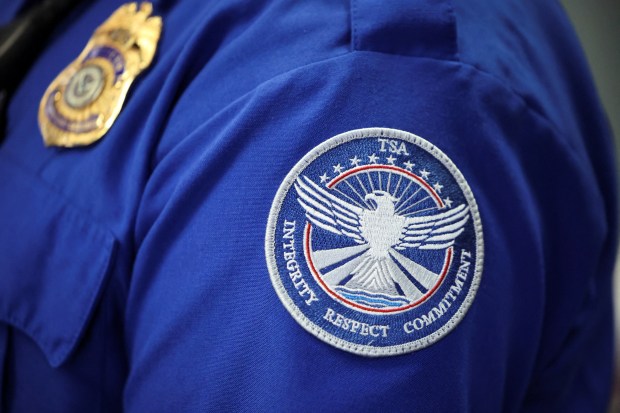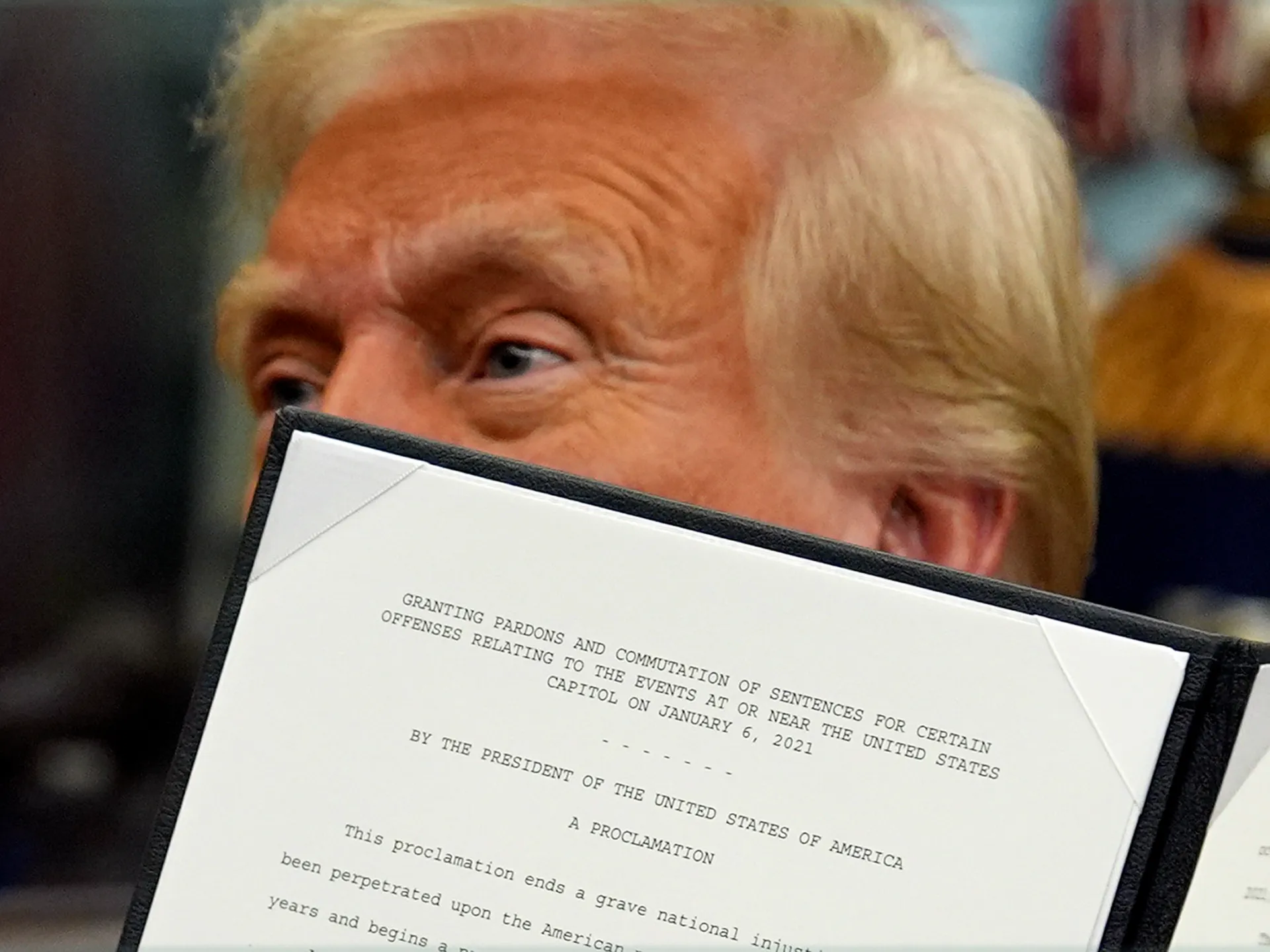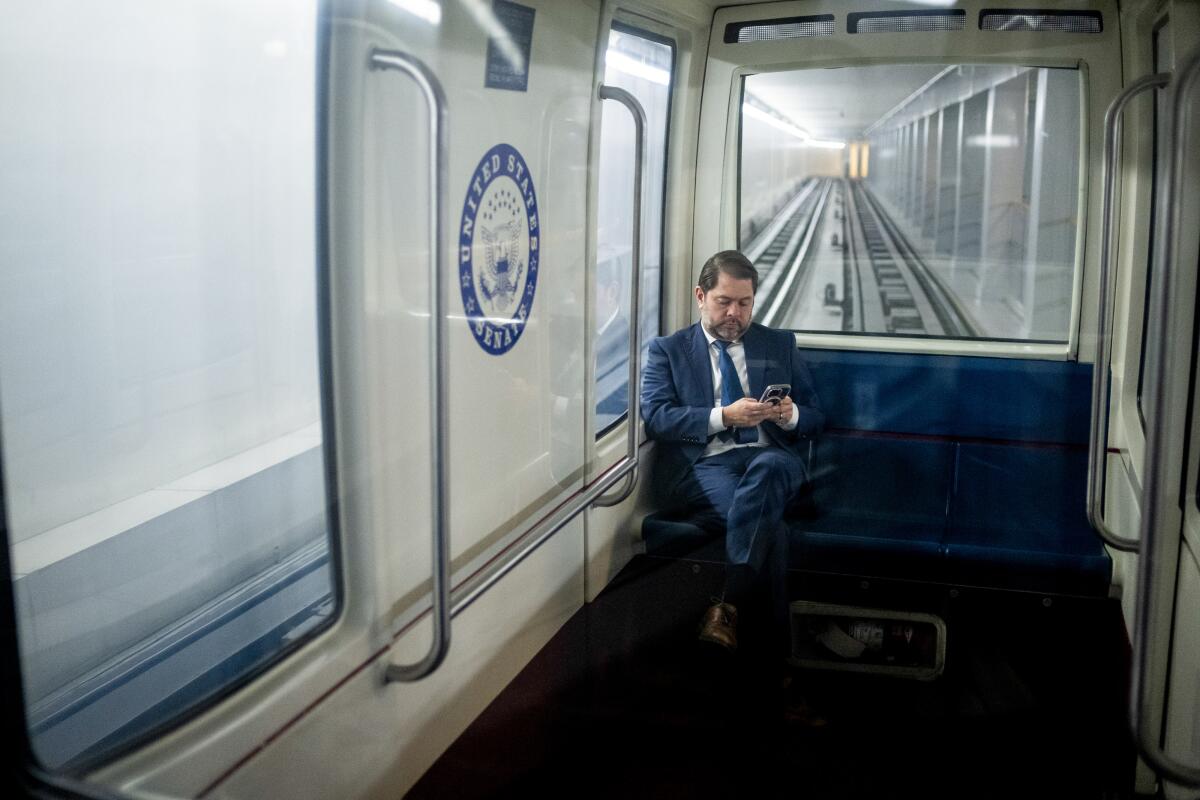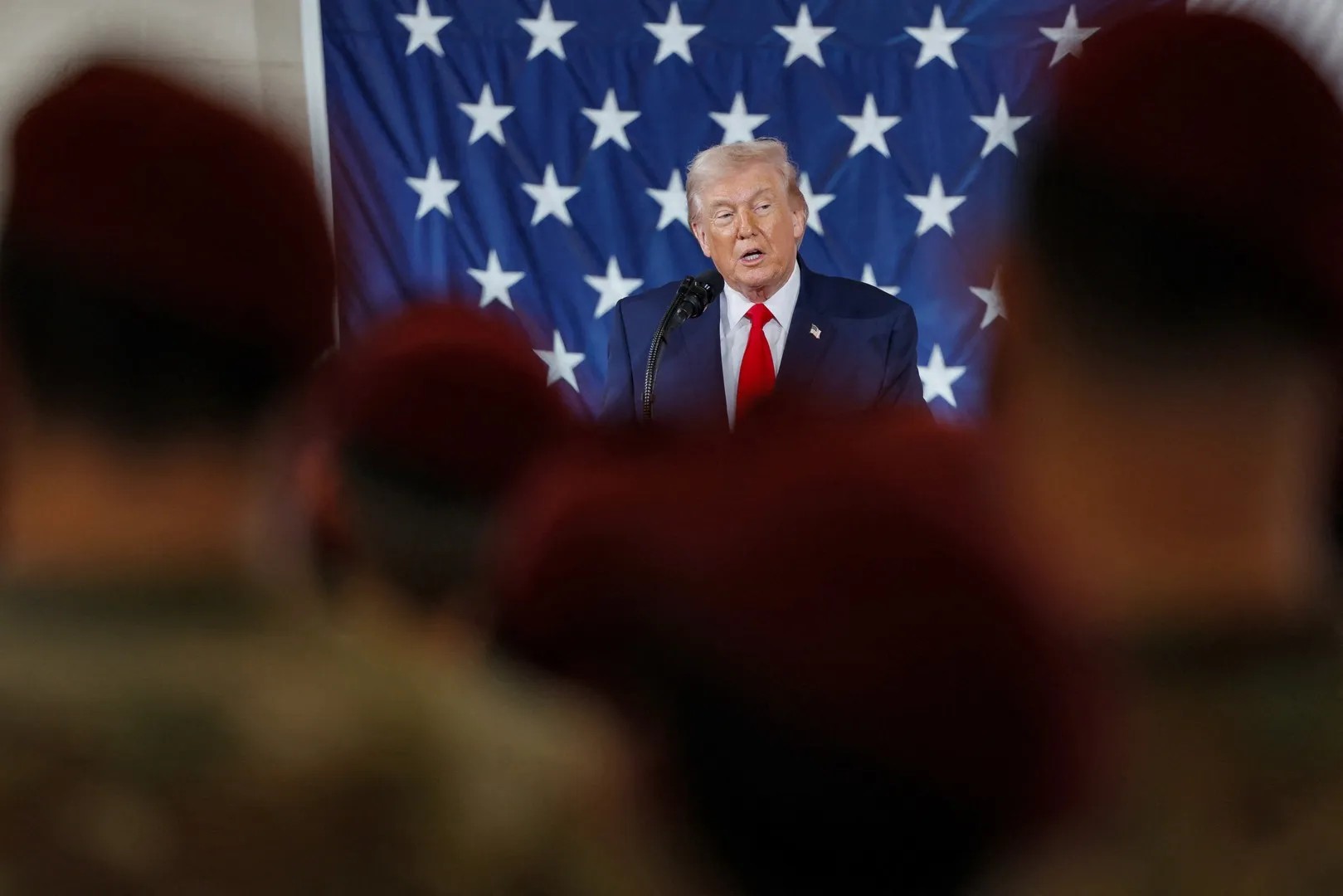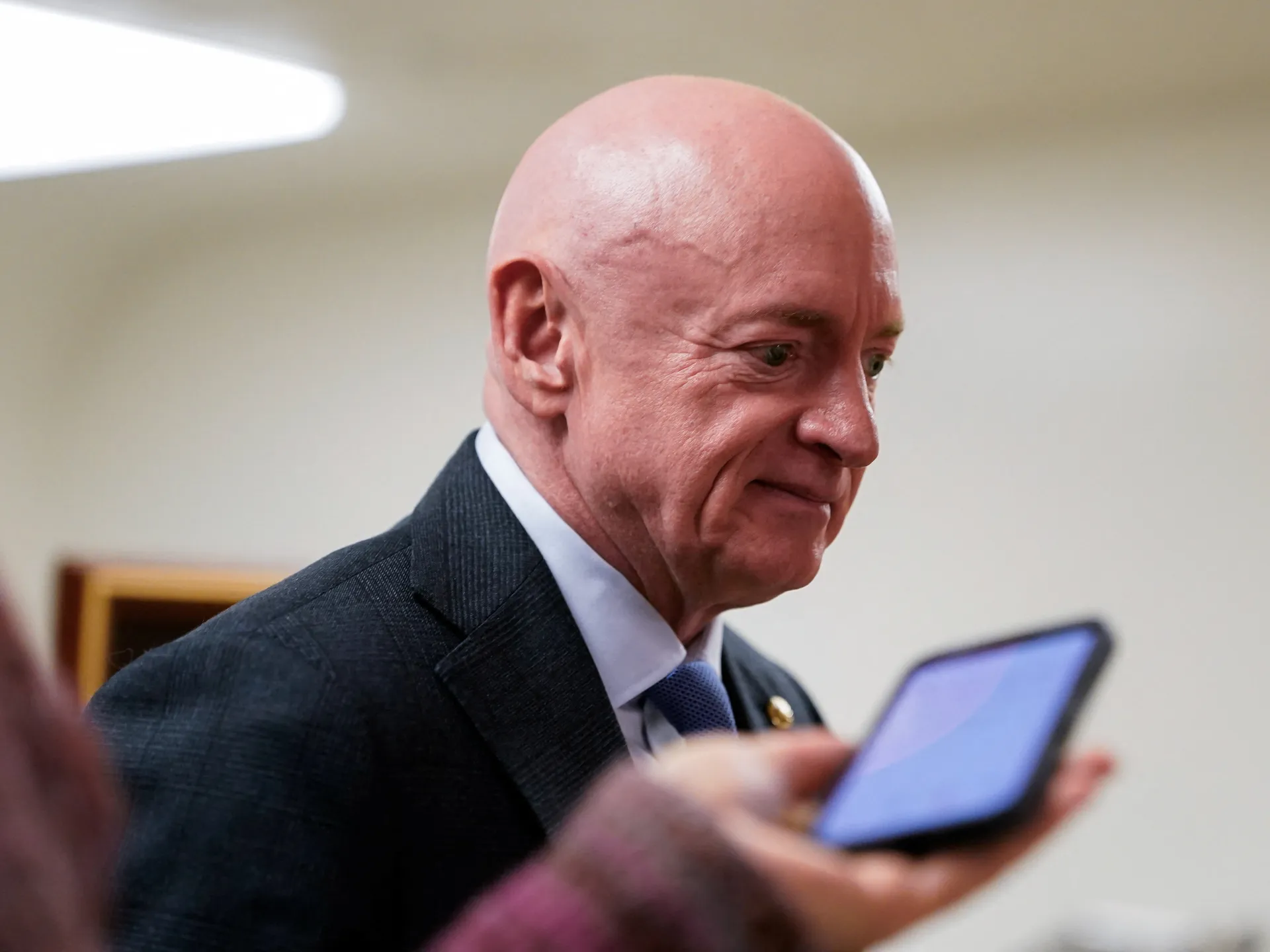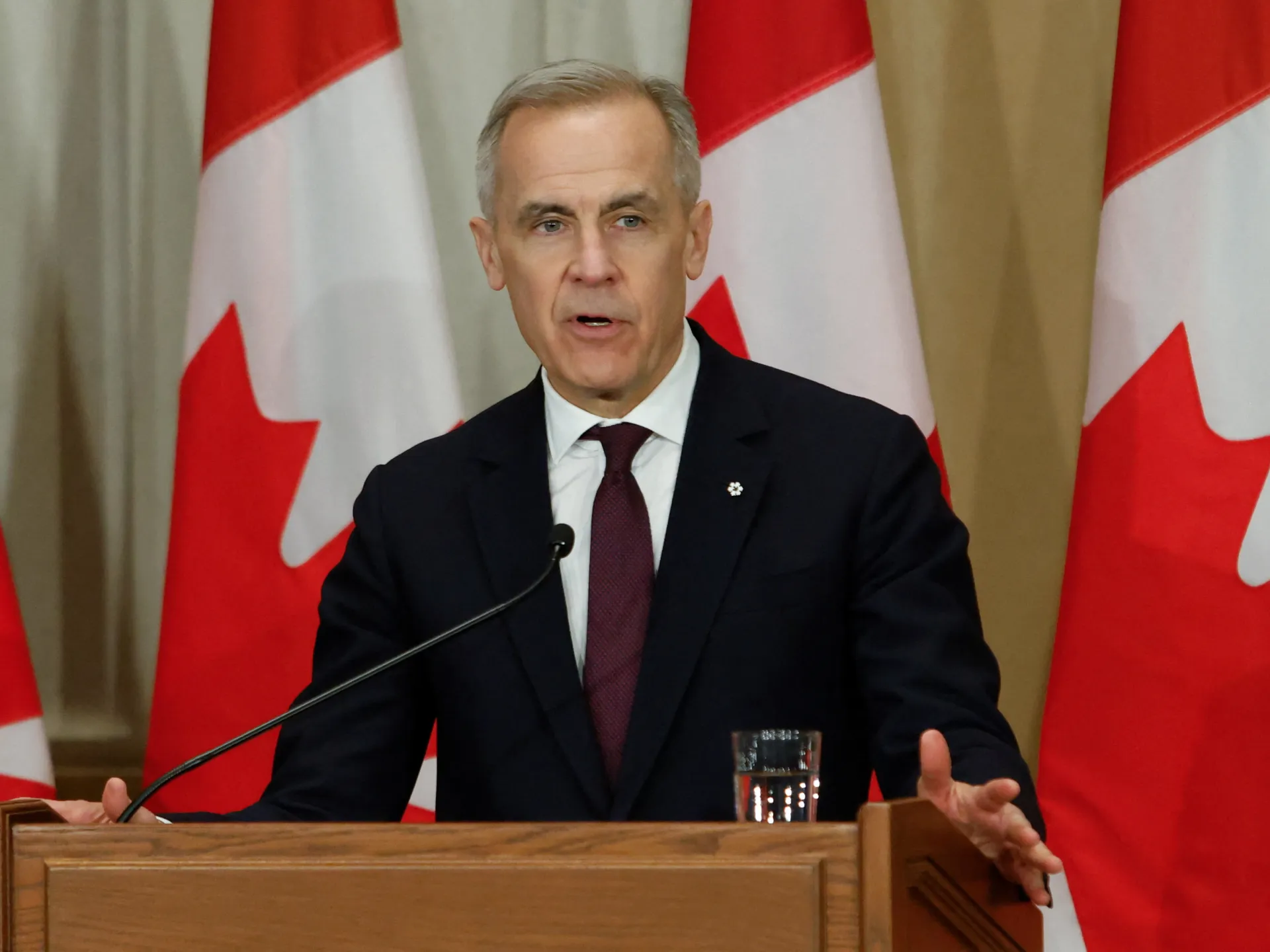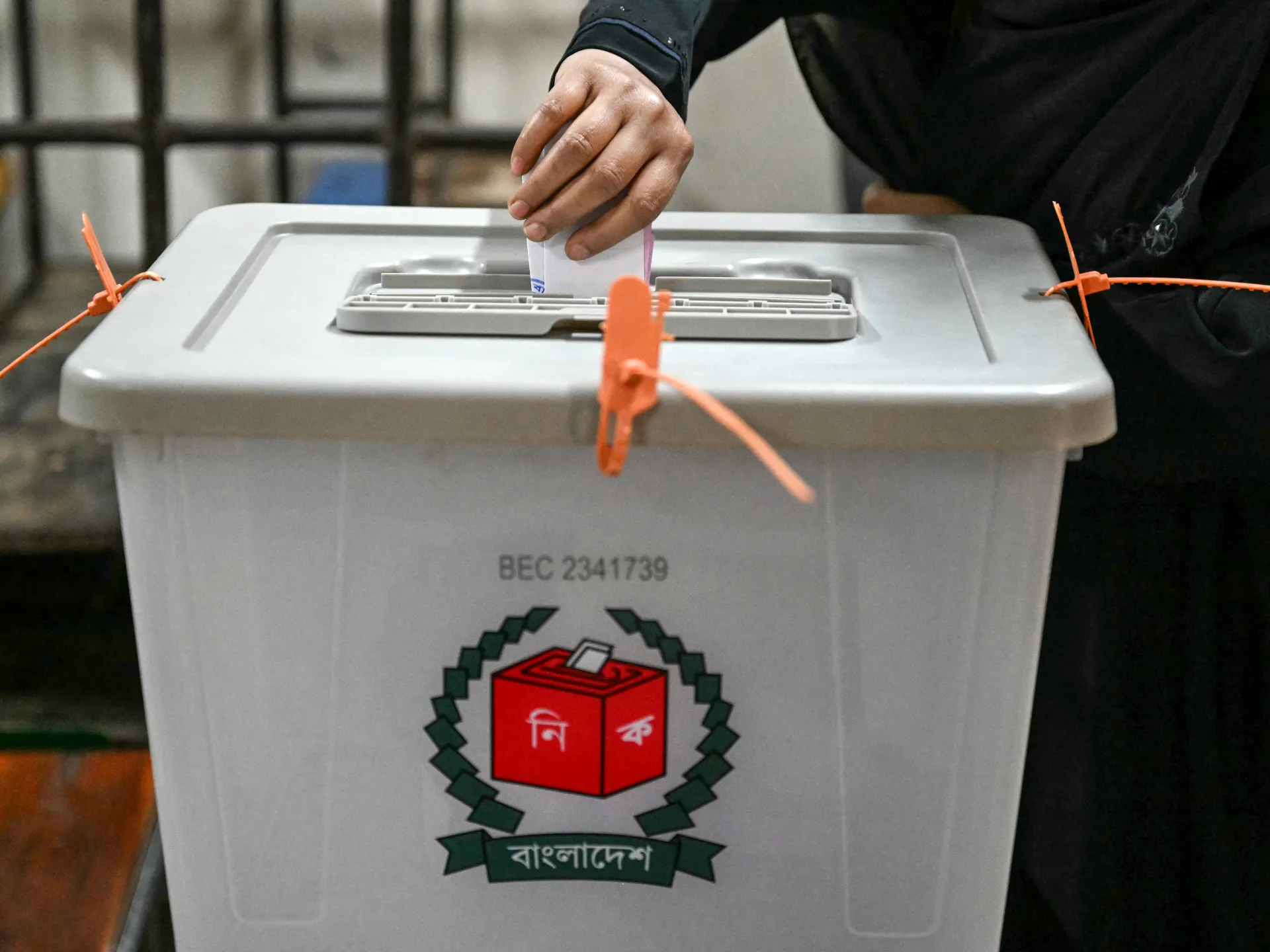White House says Iran would be ‘wise’ to take deal amid military buildup | Donald Trump News
White House spokesperson Karoline Leavitt has said Iran would be “wise” to make a deal, as the United States surges further military assets to the Middle East.
Her statement came as part of a series of veiled threats from officials under US President Donald Trump, a day after US and Iranian representatives held a second round of indirect talks this month.
Recommended Stories
list of 3 itemsend of list
The two sides appeared to offer differing accounts of the talks. Iranian officials said both parties had agreed on “guiding principles”, but US Vice President JD Vance said Iran had yet to respond to all of Washington’s “red lines”.
During a news conference on Wednesday, Leavitt articulated the Trump administration’s position that Iran needs to accede to US demands.
“Iran would be very wise to make a deal with President Trump and with his administration,” she told reporters.
Trump, who has repeatedly threatened Iran with military action in response to its crackdown on protests last month, also referenced a possible escalation in a post on Truth Social on Wednesday.
The post warned Prime Minister Keir Starmer of the United Kingdom against a deal agreed to last year that would see London cede control of the Chagos Islands, strategically located in the centre of the Indian Ocean.
The deal nevertheless allows the UK and US to continue to lease and operate a joint airbase on the largest island, Diego Garcia.
“Should Iran decide not to make a Deal, it may be necessary for the United States to use Diego Garcia, and the Airfield located in Fairford, in order to eradicate a potential attack by a highly unstable and dangerous Regime,” Trump wrote.
“An attack that would potentially be made on the United Kingdom, as well as other friendly Countries.”
Meanwhile, speaking from the sidelines of an International Energy Agency (IAE) meeting in Paris, France, US Energy Secretary Chris Wright warned that Washington would deter Tehran from acquiring nuclear weapons “one way or the other”.
“They’ve been very clear about what they would do with nuclear weapons. It’s entirely unacceptable,” Wright said.
Military buildup
The threats come as the US appears to be surging more military assets to the Middle East, raising the spectre of escalation.
As of Wednesday, the Pentagon had one aircraft carrier, the USS Abraham Lincoln, nine destroyers and three littoral combat ships in the region, with an anonymous US official telling the AFP news agency more were on the way.
That includes the world’s largest aircraft carrier, the USS Gerald R Ford, which is en route from the Atlantic Ocean.
The US has also sent a large fleet of aircraft to the Middle East, according to open-source intelligence accounts on X and flight-tracking website Flightradar24.
That deployment appears to include F-22 Raptor stealth fighter jets, F-15 and F-16 warplanes, and the KC-135 aerial refuelling aircraft that are needed to sustain their operations, according to the trackers.
The US had previously surged aircraft and naval vessels to the region ahead of strikes on three Iranian nuclear sites in June of last year, which came at the end of a 12-day war between Israel and Iran.
Iran does ‘not want war’
For his part, Iranian President Masoud Pezeshkian said on Wednesday that the country did “not want war” but would not give in to US demands.
“From the day I took office, I have believed that war must be set aside. But if they are going to try to impose their will on us, humiliate us and demand that we bow our heads at any cost, should we accept that?” he asked.
Pezeshkian spoke shortly after Iran’s Islamic Revolutionary Guard Corps launched exercises on Monday in the Strait of Hormuz, in a show of military might.
Iran’s Supreme Leader Ayatollah Ali Khamenei has previously warned that any new US strikes would lead to wider regional escalation.
Iran’s Ministry of Foreign Affairs said in a statement on Wednesday that its top diplomat Abbas Araghchi had spoken by phone with the head of the United Nations nuclear watchdog, Rafael Grossi.
Grossi “stressed the Islamic Republic of Iran’s focus on drafting an initial and coherent framework to advance future talks” on its nuclear programme, according to the statement.
Trump withdrew from the Joint Comprehensive Plan of Action (JCPOA), which saw Iran curtail its nuclear programme in exchange for sanctions relief, during his first term in 2018. In the years since, he has imposed a “maximum pressure” campaign that includes new sanctions.
Efforts to strike a new nuclear deal have repeatedly stalled since Trump’s first term.
Tehran has called for the latest round of talks to focus solely on its nuclear programme, which it maintains is used only for civilian purposes. It has also indicated it is willing to make concessions in exchange for the lifting of sanctions.
Washington has pushed for wider demands that are considered non-starters for Iran, including limits on its ballistic missile programme, although its demands during the latest round of talks were not immediately clear.





